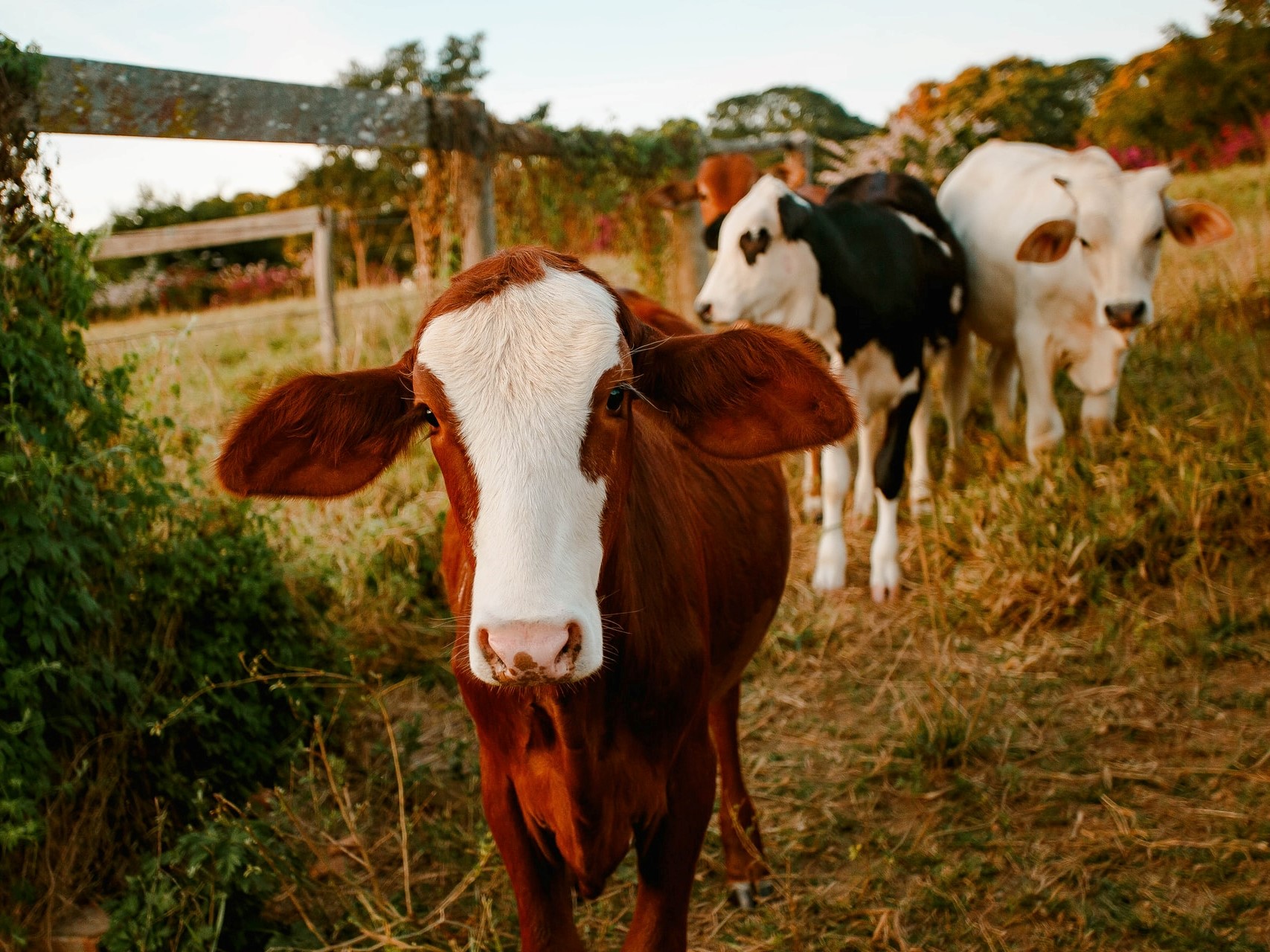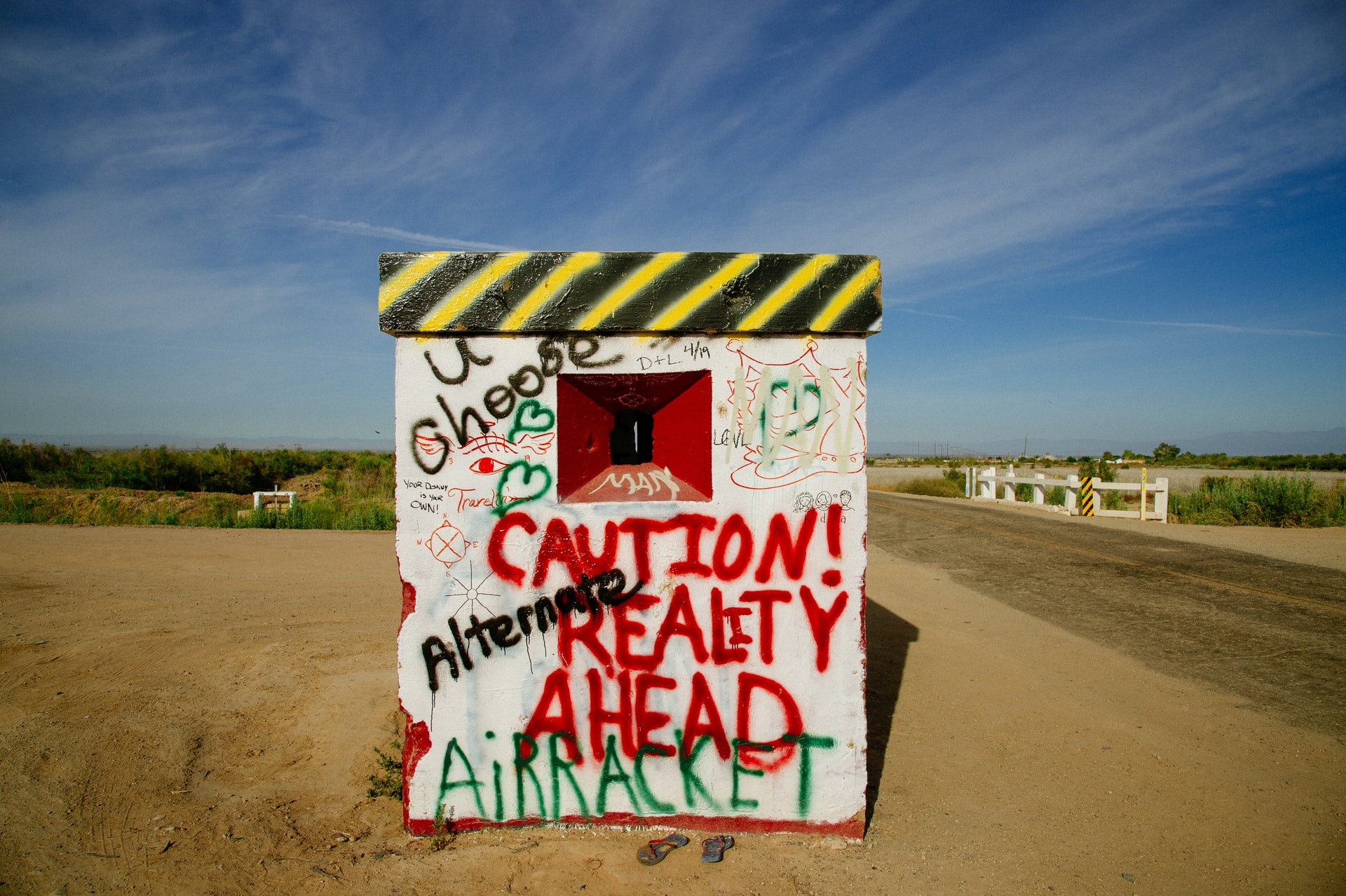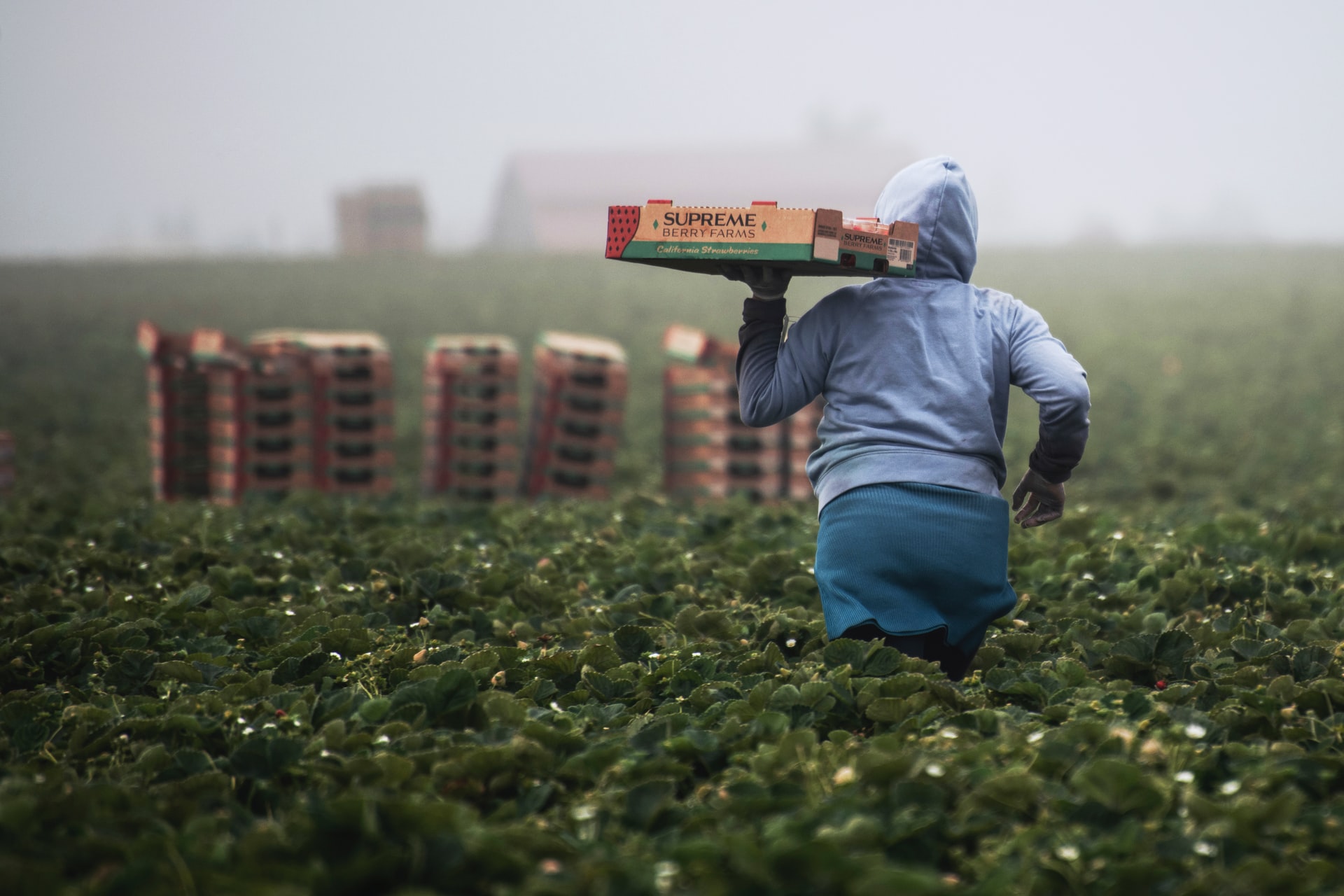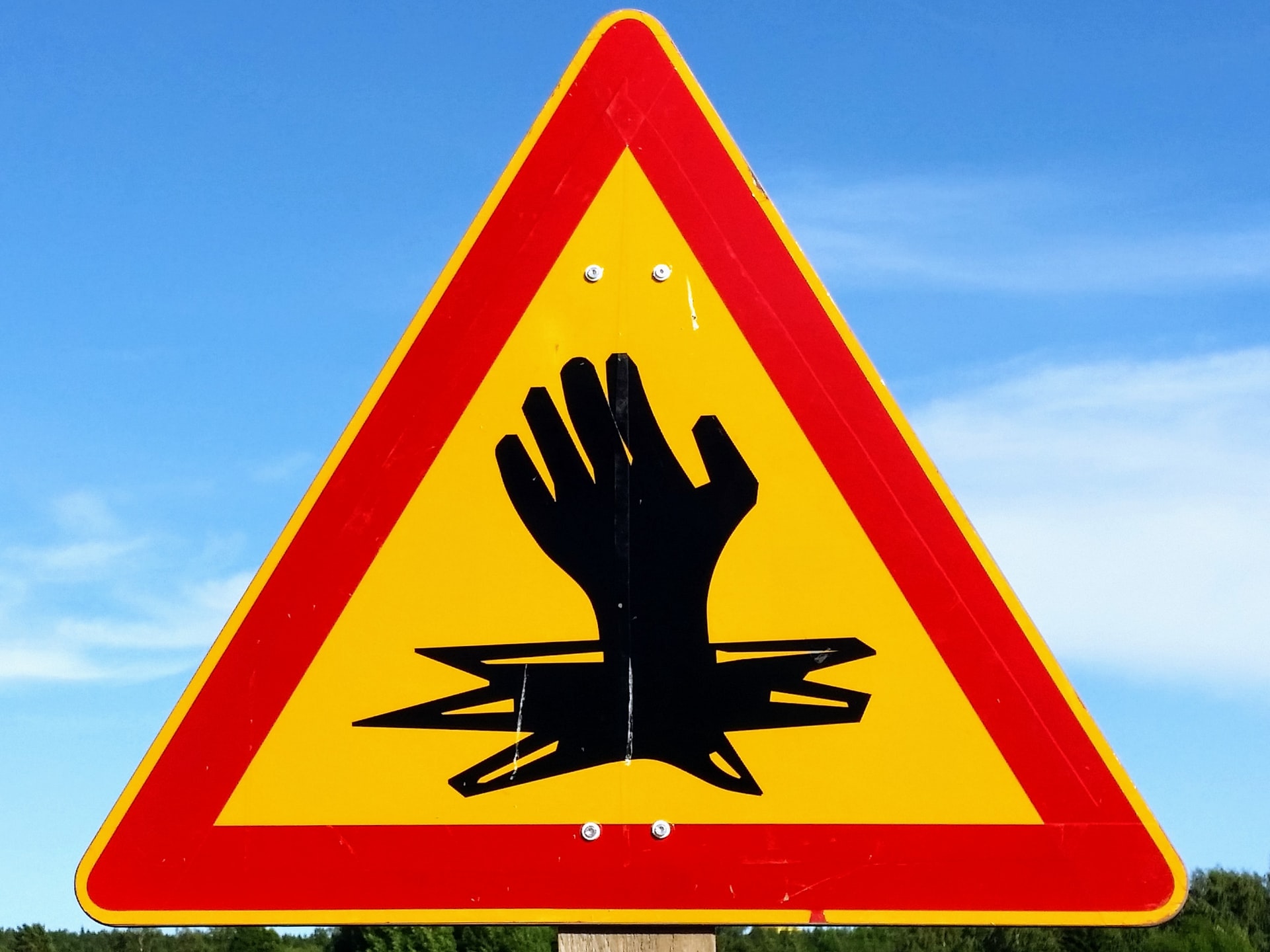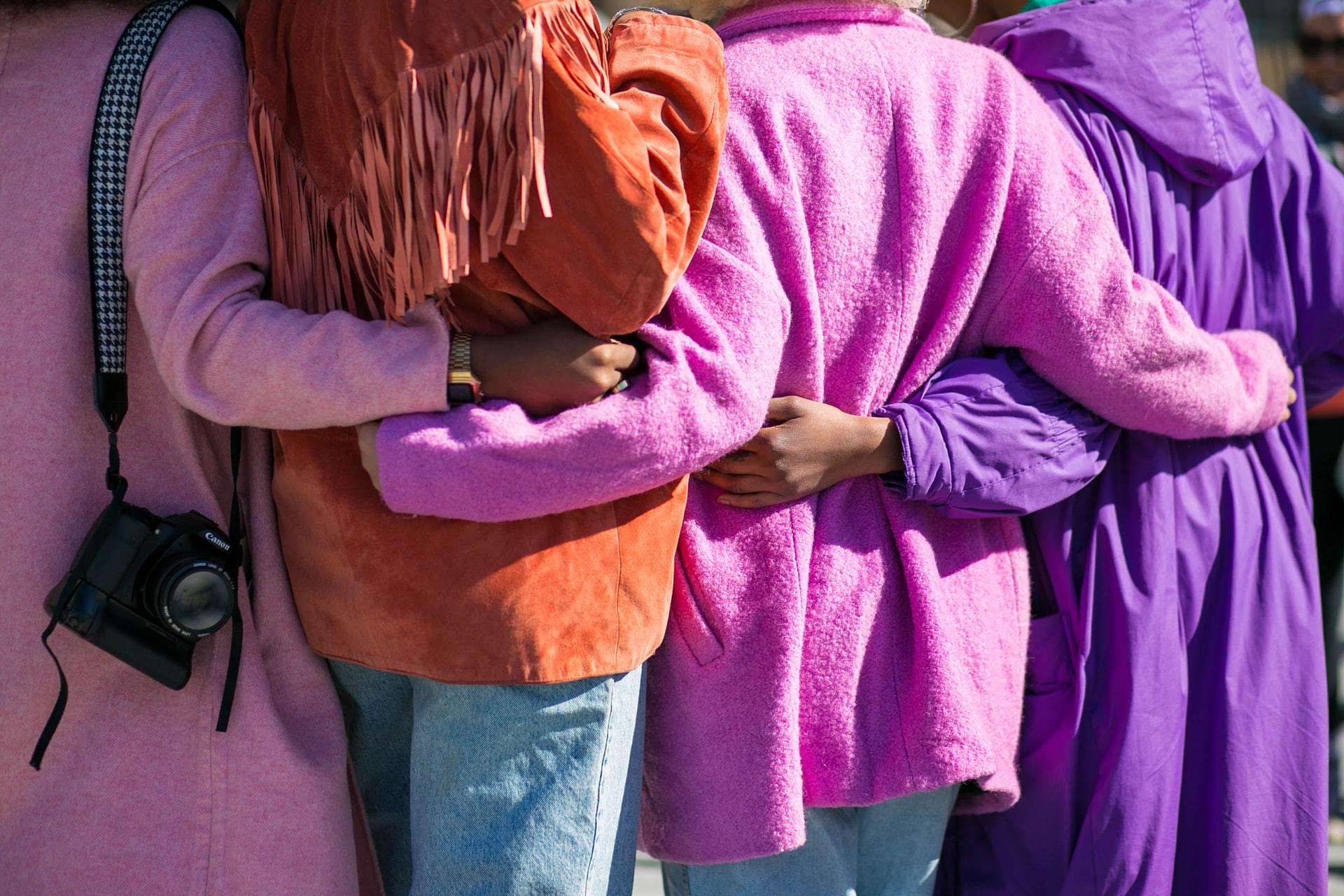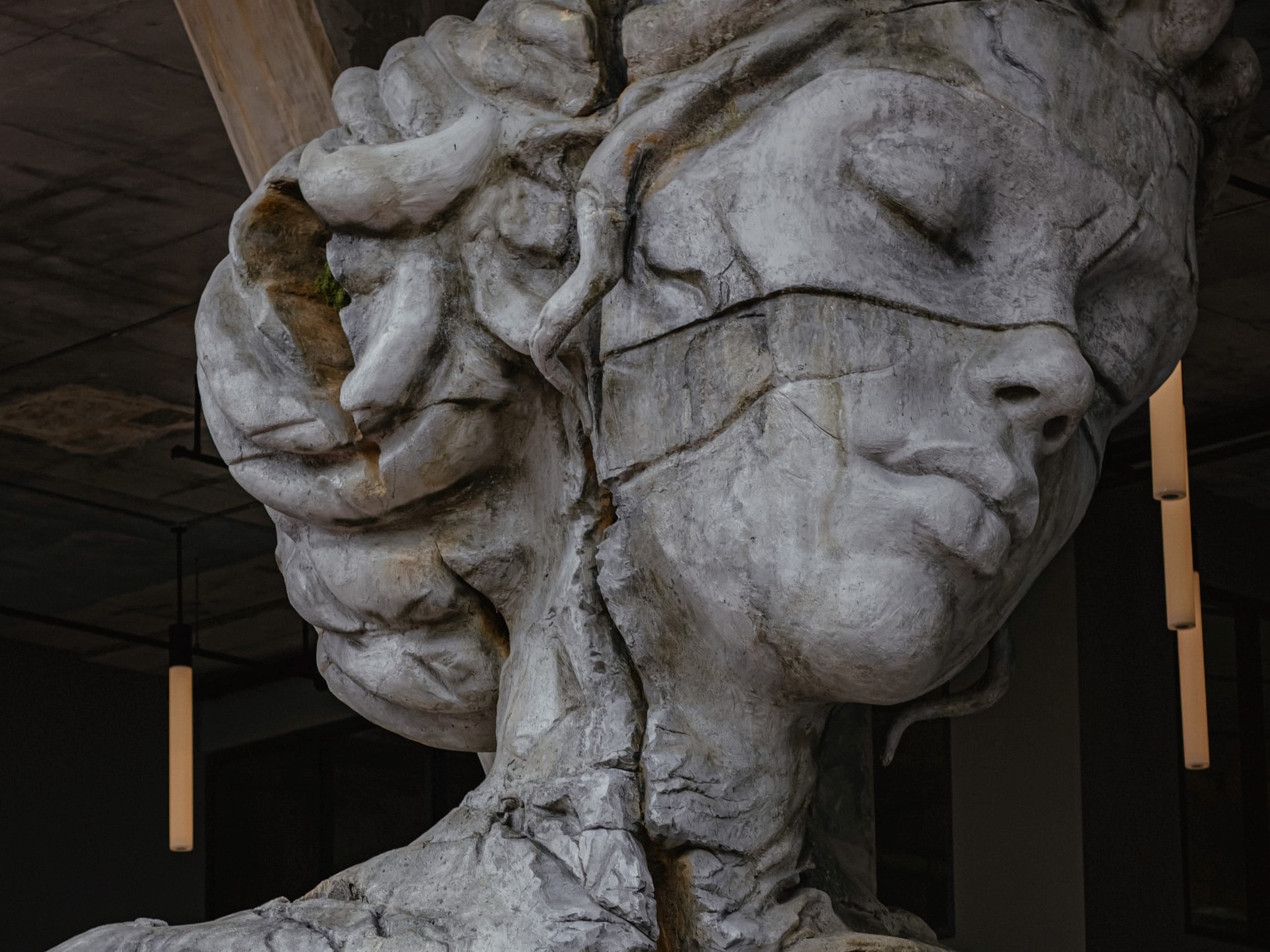Shabbat Weekly Dvar Torah
Jul 8, 2022
This week’s Torah portion, Chukat (Numbers 19 - 21), begins with a detailed description of the ritual of the red heifer... the Torah calls this ritual a chok - a decree, meaning a law, which defies human logic... the procedure is shrouded in mystery and is enigmatic. The intention is to purify those that are ritually impure. In the process, however, the individuals who facilitate the ritual of purification become impure themselves!
Jul 1, 2022
This week's parashah, Korach, begins with the words "Korach took / vayikach Korach." Since the verb is not followed by a direct object, the commentators wonder what it is he took. Furthermore, Korach did not take alone -- Datan and Abiram are subjects in that sentence, as well; yet the verb וַיִּקַּח is in the singular…
Jun 24, 2022
Twelve scouts are asked to go stealthily into the Land of Israel and look around. They return with samples of its rich produce: clusters of grapes, pomegranates, and figs and set them down in front of Moses and Aaron and the assembly. And then, instead of describing all that they had seen, an alternative reality is delivered as described in B’Midbar / Numbers 13:26-33
Jun 17, 2022
This week's parsha, Beha'alotcha, recounts a curious incident, recounts a curious incident... the Holy One tells Moshe to gather 70 elders, Joshua and himself and enter the Tent of Meeting so that G!D can deliver a message. Then "[t]he Lord came down in a cloud and spoke to Moshe and took of the spirit that was on him and put it on the 70 elders. And when the spirit of G!D rested upon them, they began to prophesy." (Bamidbar/Numbers 11:24-25)
So what does it mean they began to prophesy?
Jun 10, 2022
One of the most exciting parts of Parashat Naso, this week’s Torah portion, is the inclusion of the three-part blessing recited by the Cohanim… These blessings have become central to many parts of our liturgy and are included in the repetition of the Musaf Amidah either by the Cantor, or in some traditional synagogues, by Cohanim (descendants of priests) themselves, to bless the people using this ancient biblical ritual…
Jun 3, 2022
On all of the Festivals, the custom arose among Jews that various biblical scrolls (megillot) are read in keeping with a particular overlapping theme echoed in the holiday and the chosen piece of writing. On Shavuot this coming weekend, Megillat Rut / the Scroll of Ruth is read, ostensibly because the barley harvest is a key plot line...
May 27, 2022
Why do bad things happen to good people? Parashat Behukotai posits it's a quid pro quo from G!D: "If you follow My laws and faithfully observe my commandments...[Good things happen to you (as a people)]. But if you do not obey Me...I will wreak misery upon you..."
May 20, 2022
The small holiday of Lag BaOmer (the 33rd day of the counting of the Omer) occurred this week. It’s a break in the semi-“Lenten” time period between Passover and Shavuot when tradition forbids weddings and celebrations and asks Jews to adopt the custom of not shaving or cutting one’s hair as an act of mourning.
May 13, 2022
Over the centuries, most of humanity responded to the disabled in others ways, by turning their backs to them, preferring to blame them in some ways for their disabilities rather than make the effort to strengthen the human connection that binds each to all.
May 6, 2022
The name of the parsha is taken from the first important word at the outset of the portion (which is how all parshiot get their name)—Kedoshim Tehiyu/ Be holy! No one is entirely sure what the word Kedusha / Holiness means, but at bare minimum, it implies the elevation of human beings and our actions from animal-like to G!D-like.

